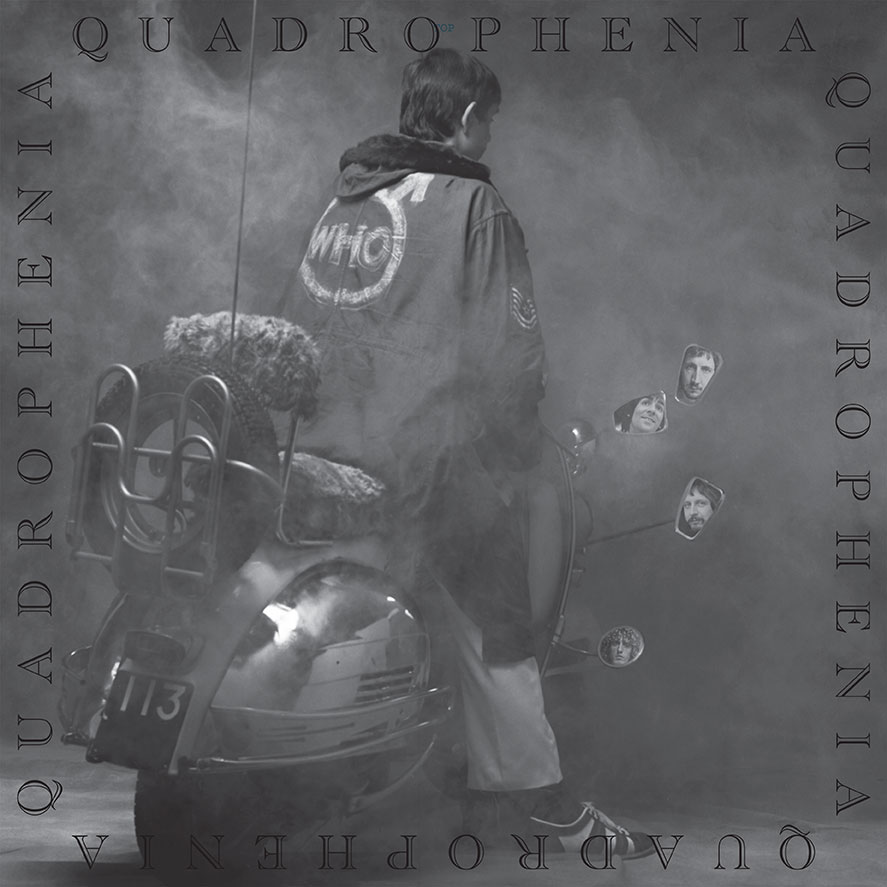The only thing wrong with Frank O'Hara's The Collected Poems is that so many of
them are virtually perfect as they are, as I think he had several
styles he could muster up with ease to get across the energy and
inspiration the city could provide. His was the nearest I've come across where a genuine bit of writer discernment--that is, the writer as someone who arranges and chooses the words that best convey his ideas, or even the lack of them --that could make me think of someone talking to me, at length, at great speed, enthusing with a dozen splendid configurations of language about a subject that has given them great and subtle joy.
The aftershock of reading his poems is that you feel as if you've been in a chat where you didn't mind at all the sleep you were missing, and still don't regret missing the morning after at the job when you cannot stop yawning at customers, clients, and bosses. This was writing of its time, but
the work survives far beyond their period and is read to the current
day largely because few others have been able to write about a thrill or
convey their idea of kicks, sadness and still collect a response on
re-reading.
WHY I AM NOT A PAINTER
I am not a painter, I am a poet.
Why? I think I would rather bea painter, but I am not. Well,for instance, Mike Goldbergis starting a painting. I drop in."Sit down and have a drink" hesays. I drink; we drink. I lookup. "You have SARDINES in it.""Yes, it needed something there.""Oh." I go and the days go byand I drop in again. The paintingis going on, and I go, and the daysgo by. I drop in. The painting isfinished. "Where's"Yes, it needed something there.""Oh." I go and the days go byand I drop in again. The paintingis going on, and I go, and the daysgo by. I drop in. The painting isfinished. "Where's SARDINES?"All that's left is justletters, "It was too much," Mike says.All that's left is justletters, "It was too much," Mike says.But me? One day I am thinking ofa color: orange. I write a lineabout orange. Pretty soon it is awhole page of words, not lines.Then another page. There should beso much more, not of orange, ofwords, of how terrible orange isand life. Days go by. It is even inprose, I am a real poet. My poemis finished and I haven't mentionedorange yet. It's twelve poems, I callit oranges. And one day in a galleryI see Mike's painting, called SARDINES.
There is here the spirit of flow, a runneling rush of words that seem informal and unusually direct in their lack of meaning-disguising metaphors and other involved techniques, but what O'Hara here is working toward, with deliberation and a discriminating eye and ear, is the perception of the experience. He starts to explain why he is not a painter but rather a poet and winds up, in digression, recalling an incident with his painter friend Mike. It ends as if it were a conversation stopped before it reaches the final resonance--it is a conclusion deferred. All that remains of this recounting are the details that lead up to it, provocative clues to what a larger epiphany might have contained. The insight, though, is that art is not so much about what you set out to accomplish but what you actually wind up with after you've scrambled your senses for the right brush stroke or fanciful allusion. What some call casual and toned down, I'd call a mastery of the informal voice. There are a great many writers who write in a manner meant to suggest a voice, a character, actually speaking words that form quick and fascinatingly original abstractions of everyday matters and erudite issues at hand with a spontaneity that intended to seem miraculous. Still, there is, I think, a trace of the study, the practiced, the idealized in the stanzas that attempt to dazzle the reader with brilliance in a chatty subterfuge. The surprise they intend to furnish our psychic domiciles with gets stuck in their own pretension, like a couch too wide to fit through an apartment door too thin. O'Hara, though, gets the mixture right, the internalized form of the language, the easy access to construction, syntax, and the naturally relaxed rhythm of someone finding the right words for the right things, said to the right person, the receptive audience that inspires the poet to further, more elevated articulation, exaggerations, exclamations, and declamations. In fact, I often read O' Hara's poems just to have what I imagine to have been his reading voice--yes, Theatre of the Mind-- grace the oftentimes sterile terrain of my own imagination with his lyrics that found excitement in buildings, maddeningly brilliant, paintings, his own emotional highs, and lows; there is a manic pace to O'Hara's work as if there is only a short time to get to the point, to make the connection between how he felt, what he saw, what he did, who he met, what happened after his best thinking led him astray as if he was aware that jackhammers, telephones, arguing lovers in the next apartment, loud music from third-floor windows, gunfire or the cacophony car horns and diesel engines might sound off and drown him out, destroy the moment of self-revelation with a world demanding attention. There was a need for speed, a rapid response to the faint germ of an idea or the perception that could reveal some interior truth or irony if meditated on just a bit. O'Hara's gift to us was that he could make it all fit more often than not.





